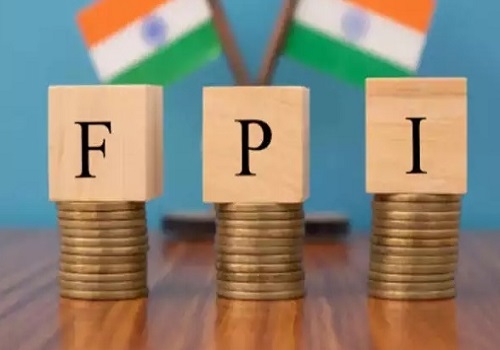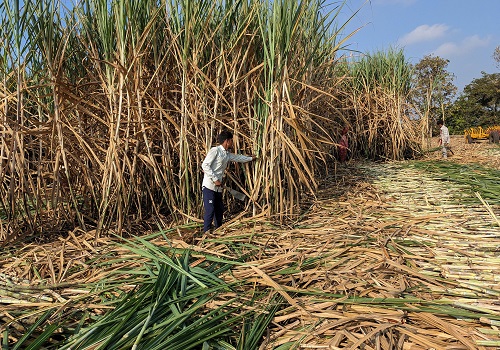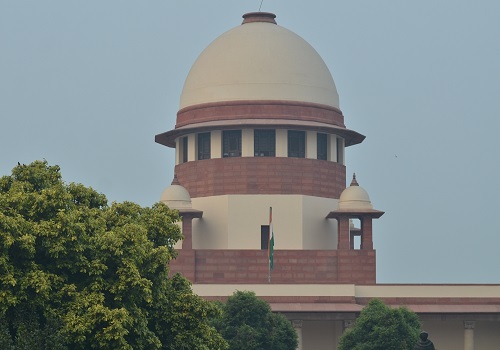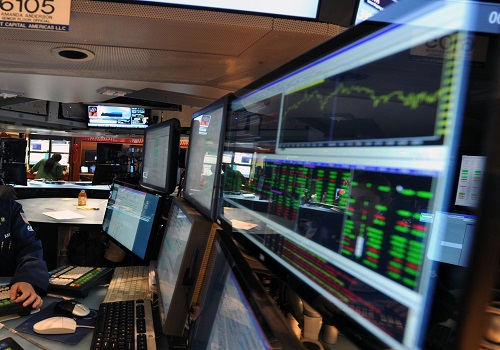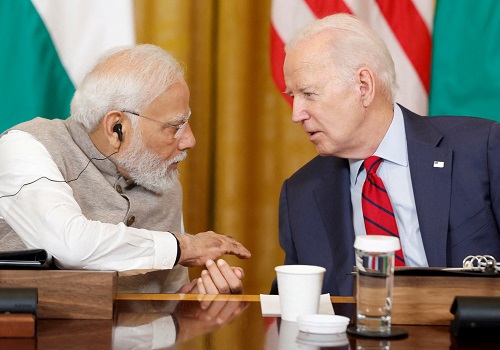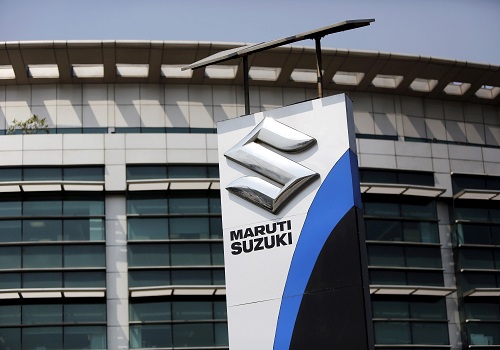Colonial Pipeline ramps up as U.S. seeks to emerge from fuel crunch
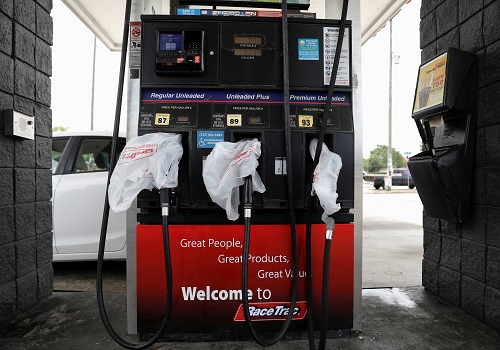
Follow us Now on Telegram ! Get daily 10 - 12 important updates on Business, Finance and Investment. Join our Telegram Channel
WASHINGTON - Colonial Pipeline ramped up deliveries to fuel-starved markets up and down the East Coast on Friday following a nearly week-long outage caused by hackers, as Washington sought to reassure motorists that supplies would return to normal soon.
The strike on the nation's largest fuel pipeline was most disruptive cyberattack on record, triggering days of widespread panic buying that led filling stations across the U.S. Southeast to run out of gasoline, and pushing pump prices to their highest in years.
"Relief is coming," said Jeanette McGee, a spokeswoman for motor travel group the American Automobile Association (AAA), which has been closely tracking the situation.
Colonial Pipeline announced late Thursday it had restarted its entire pipeline system linking refineries on the Gulf Coast to markets along the eastern seaboard.
President Joe Biden also reassured U.S. motorists that fuel supplies should start returning to normal by this weekend, even as more than half the filling stations in several states remained shut following a flurry of hoarding by panicky drivers.
On Thursday about 70% of gas stations in North Carolina were without fuel, while around 50% of stations in Virginia, South Carolina and Georgia had outages, tracking firm GasBuddy said. The average national gasoline price, meanwhile, topped $3.00 a gallon, the highest since October 2014, the AAA said.
As FBI cybersleuths dug into the attack that paralyzed a large part of the U.S. energy infrastructure, the group believed to be responsible, DarkSide, said it was publishing data from breaches at three other companies, including an Illinois technology firm.
The attacks underscored the vulnerability of vital U.S. infrastructure to cybercriminals.
Colonial has not disclosed how much money the hackers were seeking or whether it paid. Colonial has a type of insurance that typically covers ransom payments, three people familiar with the matter told Reuters.
To stem fuel shortages, four states and federal regulators relaxed fuel driver restrictions to speed deliveries of fresh supplies. Washington had also issued a waiver to an undisclosed shipper allowing it to transport gasoline and diesel from the U.S. Gulf Coast to East Coast ports on foreign-flagged vessels. The U.S. restricts deliveries between domestic ports to U.S.-built and crewed vessels.
Gulf Coast refiners that move fuel to market on the Colonial Pipeline had cut processing as an alternative pipeline filled to capacity last weekend.












 320-x-100_uti_gold.jpg" alt="Advertisement">
320-x-100_uti_gold.jpg" alt="Advertisement">

